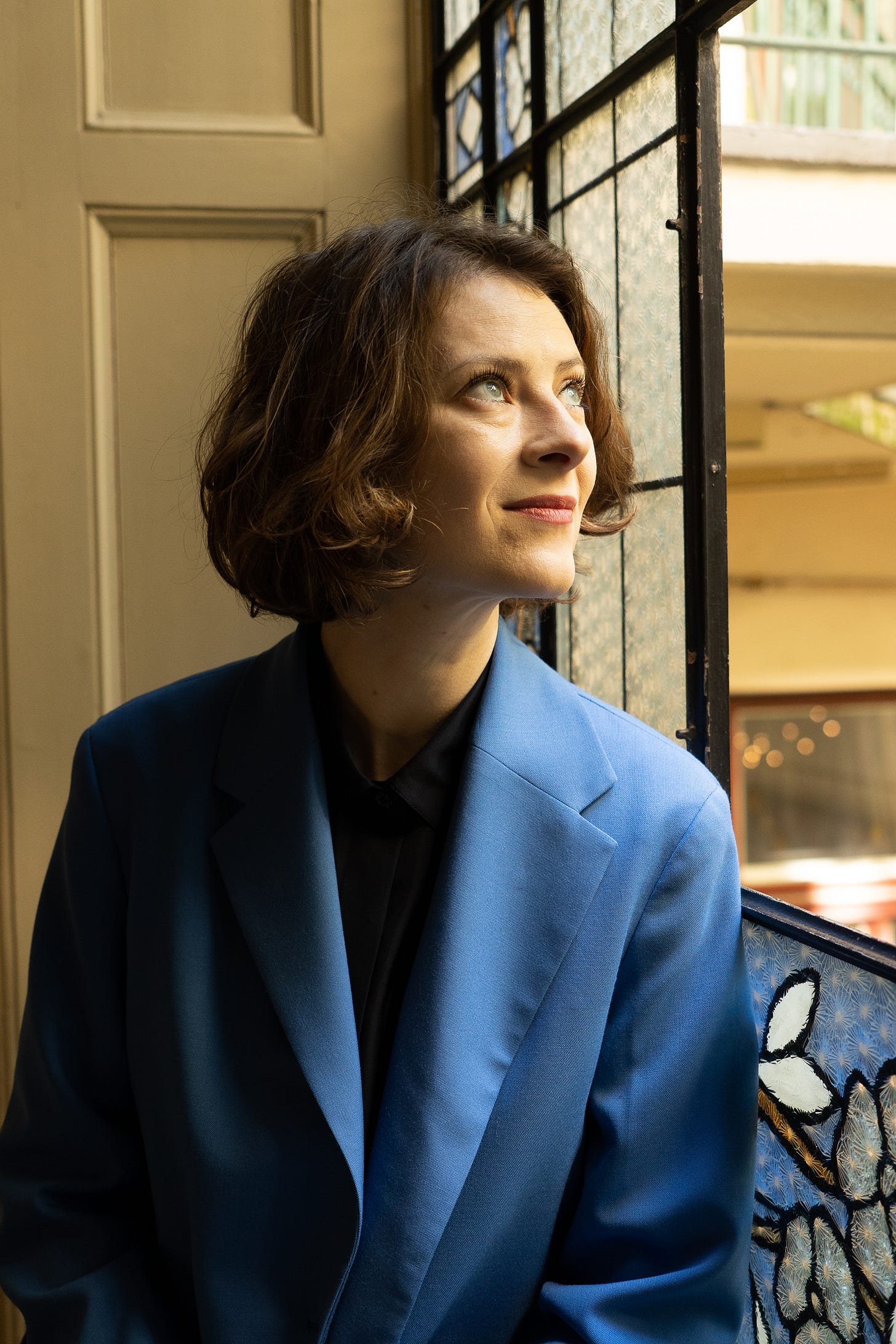Transformations: stories of Ukraine's resistance
The Ukrainians’ survival depends on transformations: on a film producer turning into a combat medic, on a combat medic turning into a sniper, on a sniper turning into a storyteller. We have become shape-shifters and the tales of our resistance have the power of shifting perceptions and transforming narratives. Our tales have power.
Three years into Russia’s genocidal war, my former classmates whom, based on our teenage habits, I believed to have perished from addictions a long time ago, volunteered to fight. My hairdresser, whom I considered a sweet summer child, turned out to have escaped on foot from the occupied town of Bucha. My country, which was expected to fall in three days after Russia attacked it on all fronts, turned into the site of full-scale resistance. Crossing Ukraine in press and volunteer cars, I have collected testimonies of everyday defiance which surprised the world and, at times, Ukrainians themselves.
I have written up these stories stylising them as fairy tales. The nonfiction writing on Russia’s war against Ukraine is inclined towards the dry, the factual, the unadorned. Why would one decorate an open wound? In an attempt to purify the style, to not let it tarnish our rage, suffering, and love even with a hint of artifice, we, Ukrainians, spare literary devices and discipline our imagination. And yet, a suitable language for relaying the atrocities we witness does not exist. I accept it, alongside the need to reach for a universal dimension in the singular horror and brutality of each act of Russian aggression. When reaching for the universal, one often taps into folklore. And once in the realm of folklore, one can read the old stories in a new way and make the reading emancipatory.
Last summer, I read one of these stylised tales, Little Red Riding Hood from Bucha, at the IWM in Vienna. You can watch the recording here. Since then I have been thinking that I must turn these stories into a book or find another home for them. Or an agent who will know what to do with them. If you can think of one, please reach out to me. These untold stories haunt me, and the time I can dedicate to this project while helping to set up a new institution in Ukraine is shrinking. I would really appreciate some help.


